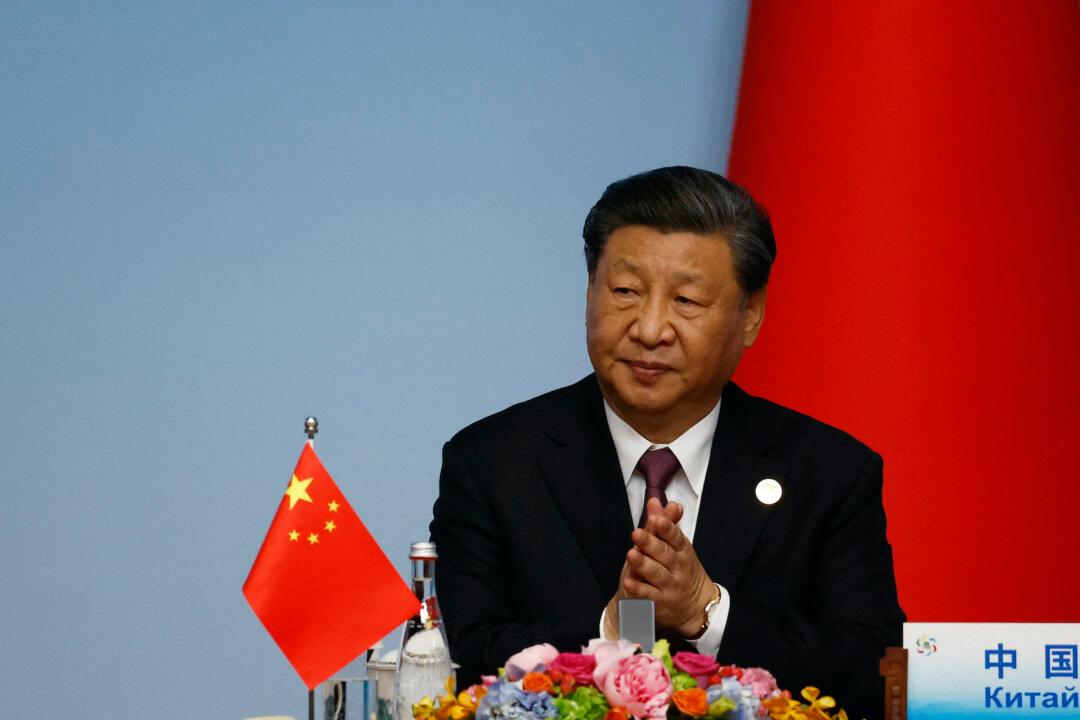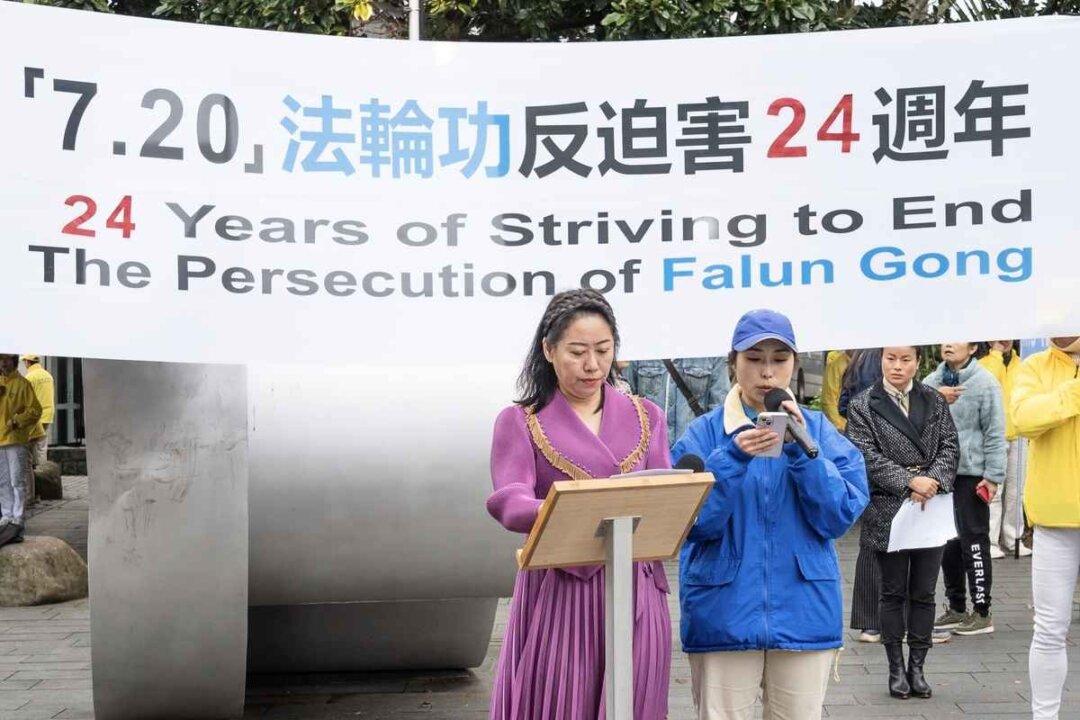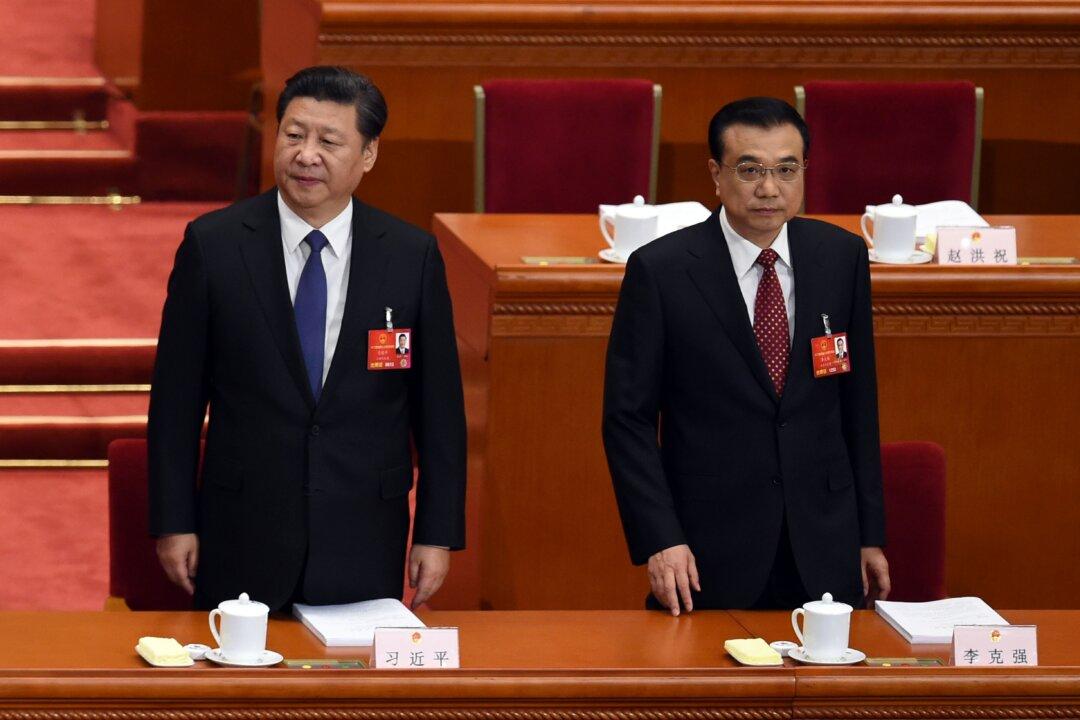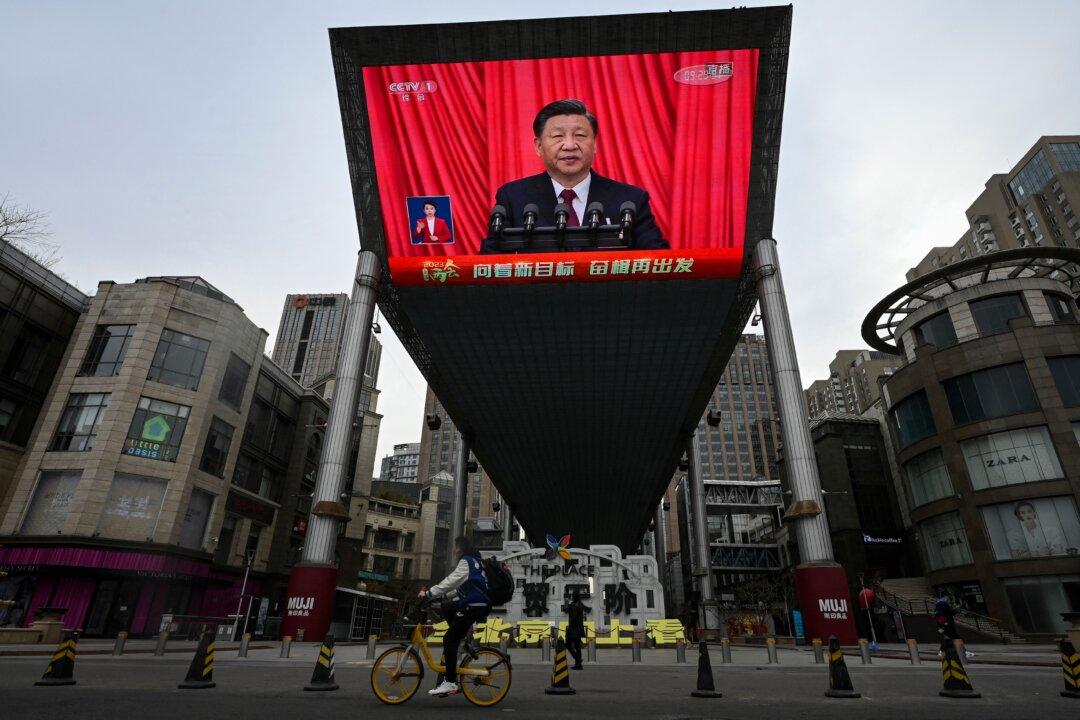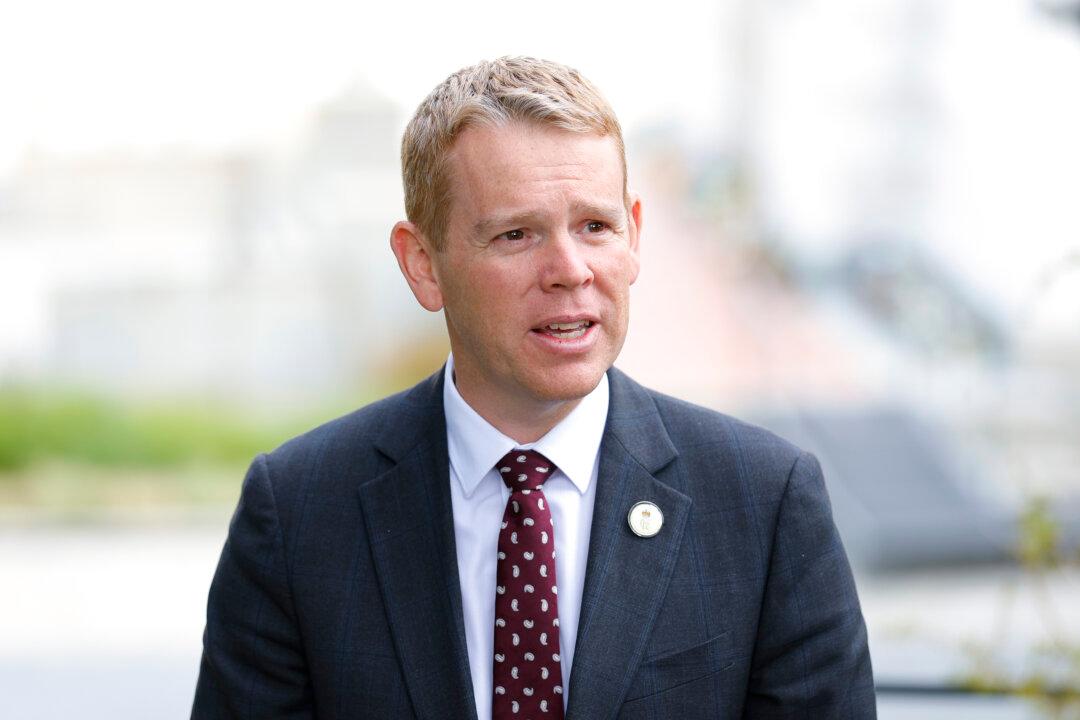The Chinese Communist Party’s (CCP) high-tech authoritarian surveillance state is a bit of an anomaly in the modern world. The regime is characterized by a complex power structure, with very few people knowing the clandestine deals behind the scenes. Subsequently, many of its decisions and policies appear strange and unconventional to the free world, but within the CCP, it maintains its own logic and standards.
Australian resident Yuan Hongbing, a former law professor at Peking University, has a unique perspective on the CCP and its leader Xi Jinping. In addition to his long-time observation of Chinese politics, he had a period of close personal contact with Xi in the 1980s.
